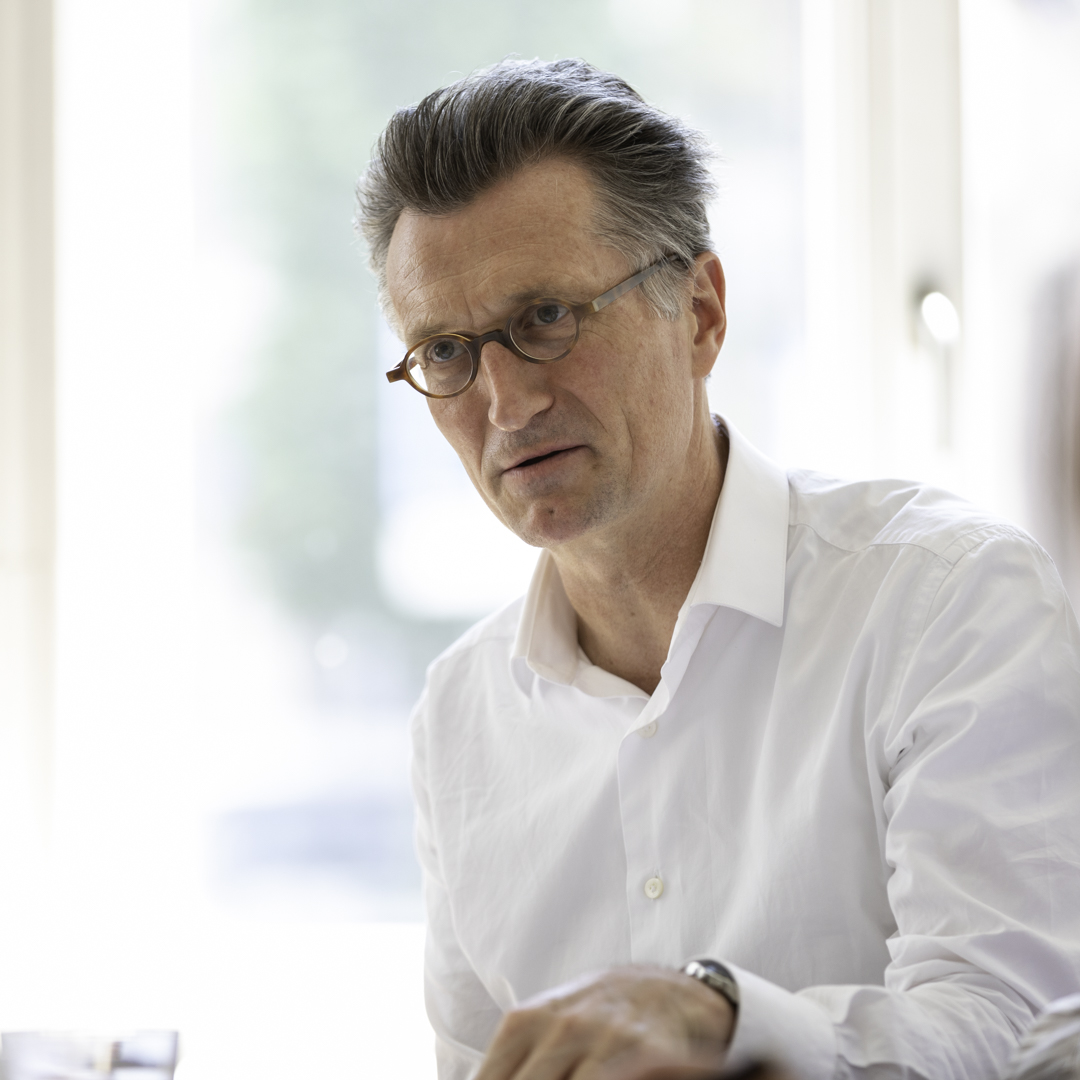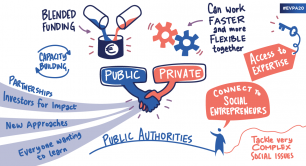EVPA boss Serneels urges impact investors and networks to break from silos and build alliances
 Impact investors and the networks that support them must break out of their silos or risk being ignored as the world builds back from the Covid-19 pandemic.
Impact investors and the networks that support them must break out of their silos or risk being ignored as the world builds back from the Covid-19 pandemic.
This was the message from Steven Serneels, chair of the European Venture Philanthropy Association (EVPA), as he launched the association’s annual conference this week.
Describing Covid-19 as a “magnifying glass” that “exposes in bright lights the cracks and the limitations for our socio-economic system”, Serneels (pictured) said no network acting alone could afford to build the credibility needed to influence companies, commercial investors, policy makers, governments, or even the media.
“If we want to build vital assets for the future of this community... we will have to do that together. It will require many millions and no network can afford to do this by itself.”
If we want to build vital assets for the future of this community... we will have to do that together
He urged the European and global networks in the impact space to “build a powerful voice”, in order to “build back a more inclusive and just society” – with impact “at the heart of these discussions”.
“We will have to co-ordinate and come together as investors for impact,” he said.
Even in countries like the Netherlands, said Serneels, Covid-19 had accelerated inequality, despite massive government support, both in terms of health and income.
“This does not take away that I know many of you – whether as venture philanthropists or social investors – have done an amazing job,” he said. Corporate giving had been “unprecedented”, governments had “stepped in big time” and foundations had acted very swiftly to offer support to social ventures. “I’ve seen many of them shortcutting their existing procedures, reducing due diligence phases from months to just two to three weeks,” he said.
But he added: “On the other hand we all know, and feel and understand that if we want to build a new, socio-economic reality – an inclusive or impact economy – we’ll have to do something different. And most importantly we’ll have to do this together.”
Building alliances – which is also the theme of this year’s conference – was “far from easy”, Serneels acknowledged. But collaboration brought huge benefits. He cited initiatives like the Network of European Foundations, where multiple foundations in Europe had come together to pool their resources to address issues involving migrant communities and democracy. In the US, too, organisations such as the MacArthur and Ford foundations had brought billions of dollars into impact space.
A recent survey also showed that ‘investors for impact’, foundations and impact funds rated themselves as highly collaborative – but in reality, such alliances were still in small numbers and at a small scale.
“All in all, there’s some nice collaboration – we do see some alliances, mainly amongst peers, but promising examples show that more is possible,” Serneels said.
He said being “ambitious about collaboration” could draw in substantial more monies, facilitate growth and “unlock impact which otherwise would not have been possible”.
Thanks for reading our stories. As an entrepreneur or investor yourself, you'll know that producing quality work doesn't come free. We rely on our subscribers to sustain our journalism – so if you think it's worth having an independent, specialist media platform that covers social enterprise stories, please consider subscribing. You'll also be buying social: Pioneers Post is a social enterprise itself, reinvesting all our profits into helping you do good business, better.





